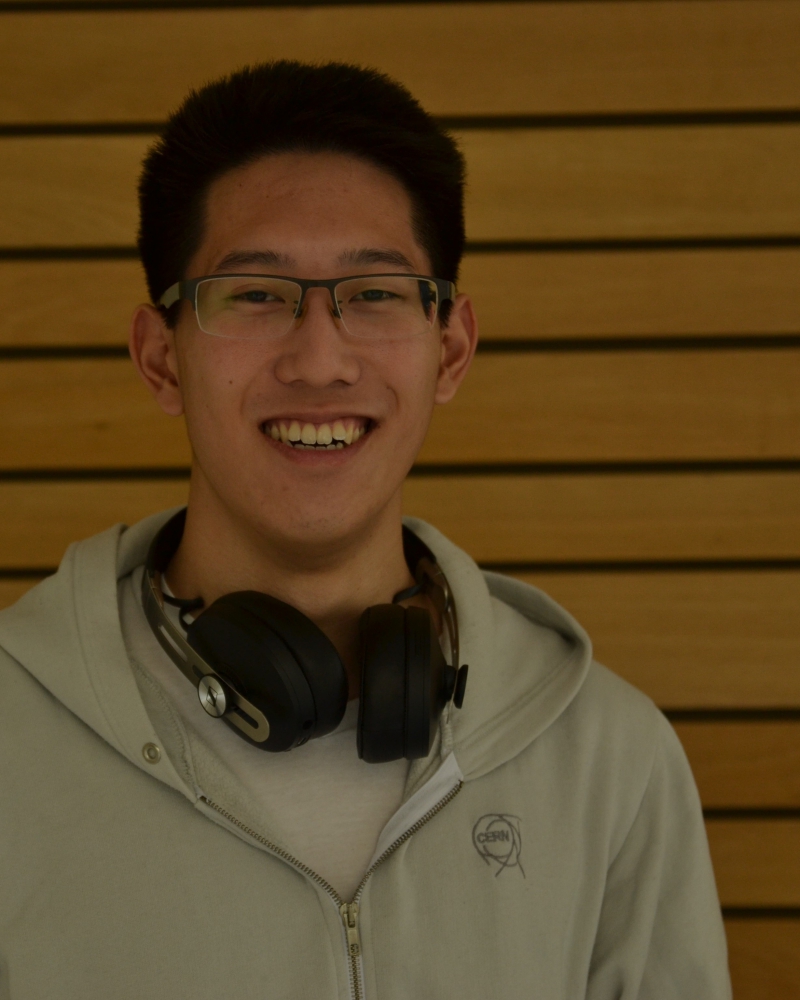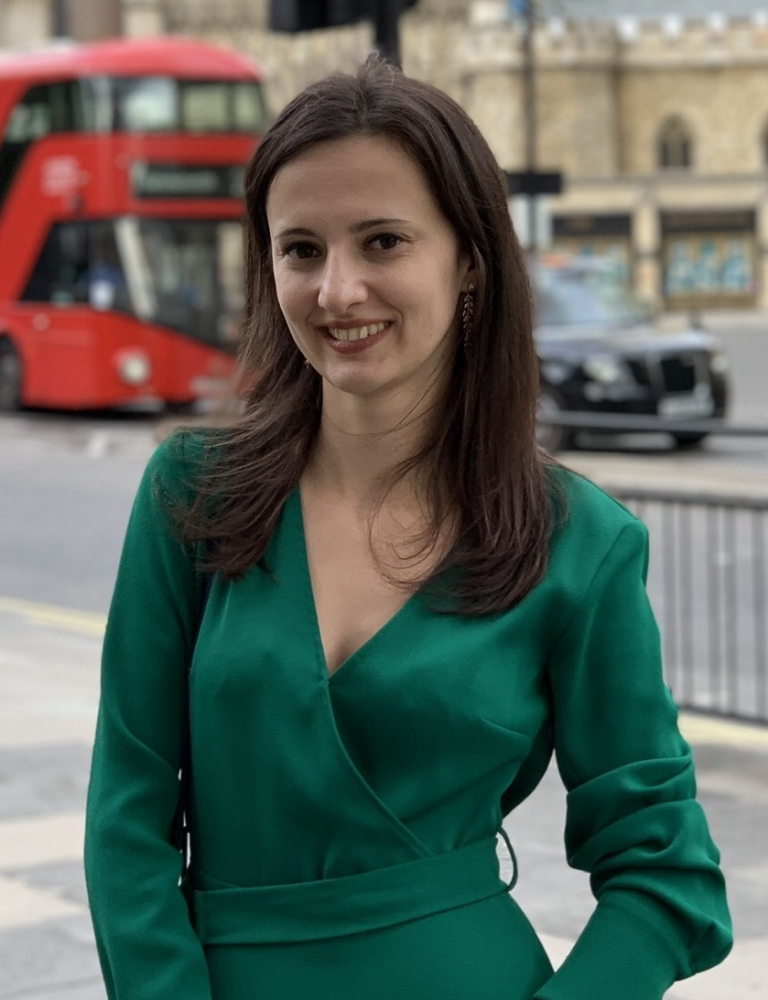People
Team
Principal Investigator

Dieter Saur studied medicine in Munich and obtained his doctorate in gastroenterology at TUM’s university hospital, graduating summa cum laude and winning TUM’s doctoral award. His doctoral thesis and postdoctoral qualification (2006) investigated neuronal control of the intestine, i.e. “brain-gut” function. A clinician and a researcher in one person, Saur established a new focus on tumor diseases of the gastrointestinal tract in 2002. The use of new endoscopic imaging procedures for early detection of gastrointestinal tumors and the development of novel therapeutic strategies for tumor subtypes are key topics of his research. A consultant of internal medicine specializing in gastroenterology since 2007 and a professor since 2013, Saur has accumulated a range of awards and grants along the way – most recently the prestigious Consolidator Grant from the European Research Council (ERC) for his work in pancreatic cancer.
Team
Research Technician
Team
Postdoctoral Researcher
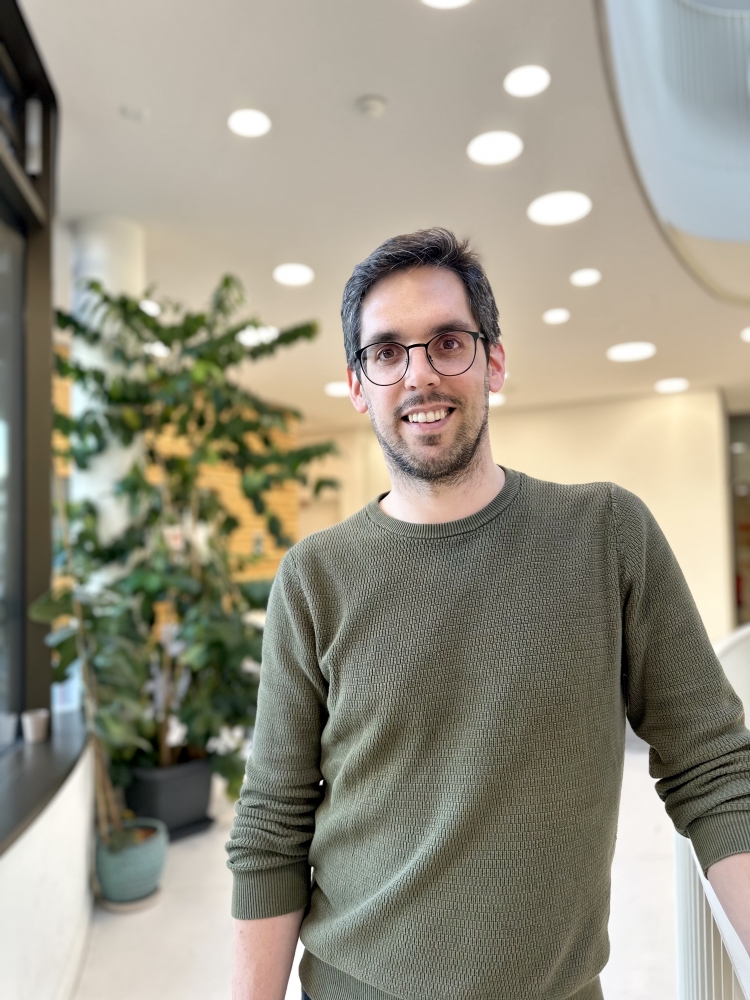
Colorectal cancer research: inflammation in oncogene-induced intestinal tumourigenesis
I did my Bachelor’s degree in Biology (2010) and my Master’s study in Molecular Cell and Developmental Biology (2011) at the Leopold-Franzens-University (LFU) of Innsbruck (Austria). During my Master’s, I went for a free-mover semester and research stay at the Swiss Federal Institute of Technology (ETH) Zurich (Switzerland). After I completed my Master’s degree, I started a PhD at the Medical University of Innsbruck (MUI) and continued my PhD in 2013 at the University of Cambridge (Fitzwilliam College; United Kingdom) in the lab of Prof. Arthur Kaser, where I graduated in 2016 as PhD in Medicine. After graduation, I accepted the kind offer of Prof. Saur to join his lab as a postdoctoral research fellow at the Technical University of Munich (TUM, Klinikum rechts der Isar). Since January 2019 I occupy the position of a Junior Group Leader in the lab of Prof. Saur.

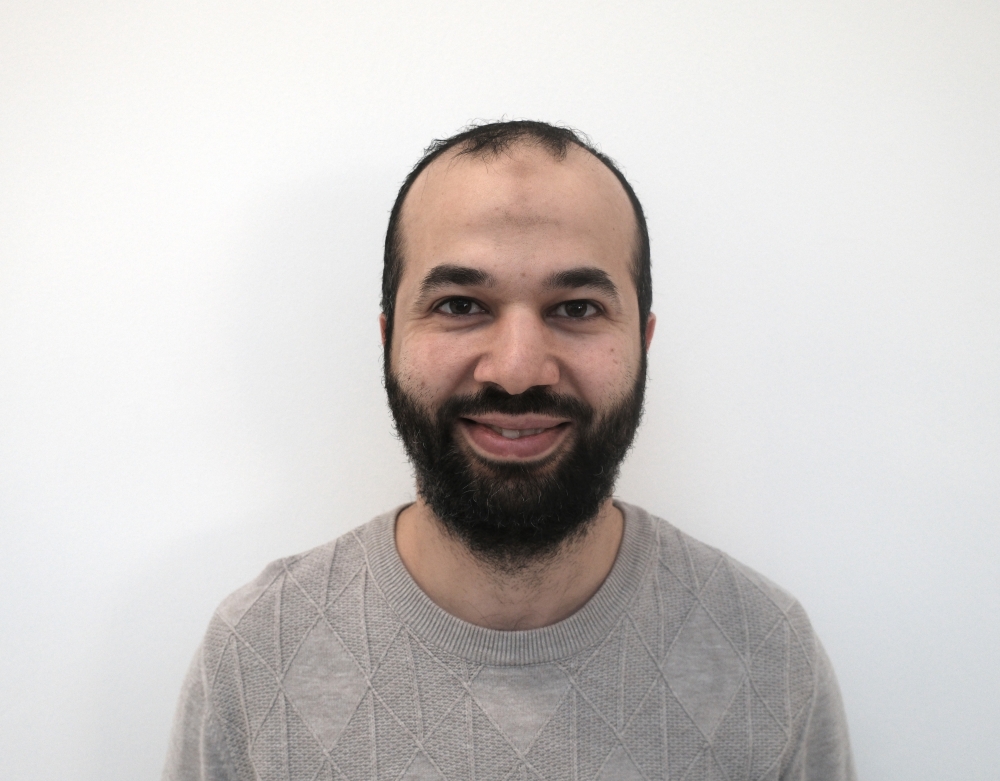
Team
PhD graduate students
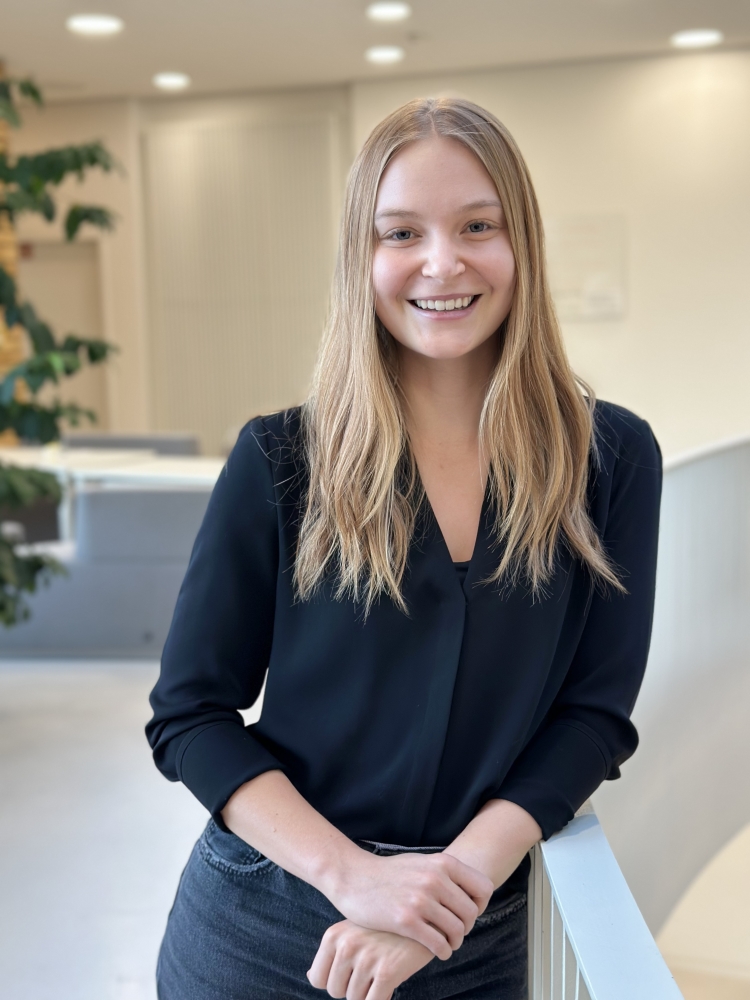
I completed my undergraduate degree in Molecular Biology and Genetics at McMaster University in Canada in 2022. Following this, I pursued a Master’s degree in Biochemistry and Biomedical Sciences, also at McMaster University, where I focused on elucidating the mechanisms of action of novel therapeutics targeting acute myeloid leukemia (AML).
In 2024, I joined the AG Saur lab as a Ph.D. researcher. My current work focuses on understanding the environmental factors which drive heterogeneity within pancreatic ductal adenocarcinoma (PDAC), with the aim of identifying and characterize the contributors to clonal evolution in PDAC tumors.
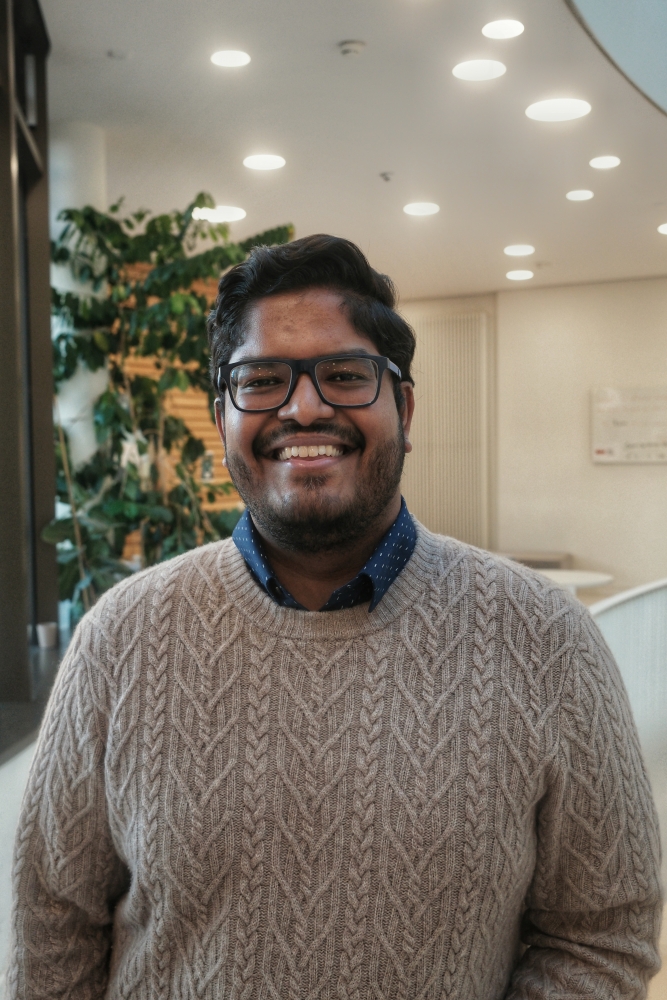
I finished my bachelor's degree in Molecular Biology and Genetics (2016) at McMaster University in Hamilton, Canada, and my master's degree in Molecular Genetics (2019) at the University of Toronto. My PhD project in the Saur lab involves elucidating molecular mechanisms behind PI3K-mutant driven whole genome doubling in mouse PDAC models.
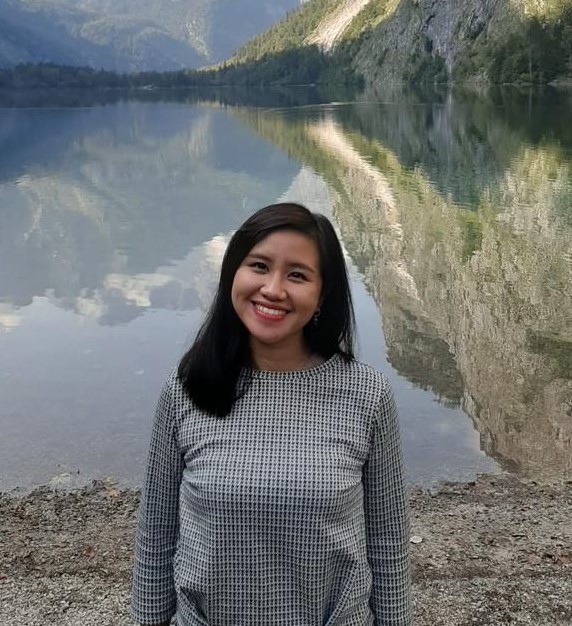
PDAC subtypes Tumor microenvironment and combinatorial therapy strategy
I finished my undergrad in Biotechnology at Atma Jaya University, Indonesia (2017). Then I continued with my master’s degree in cell biology at TU Kaiserslautern, Germany (2021), where I analyzed the phenotypic consequences of polyploidy, which is a hallmark of cancer. In 2022 I joined the AG Saur group as Ph.D. researcher. I mainly work on defining the subtype-specific inflammatory drivers in PDAC and investigate its combinatorial therapy using a mouse model.
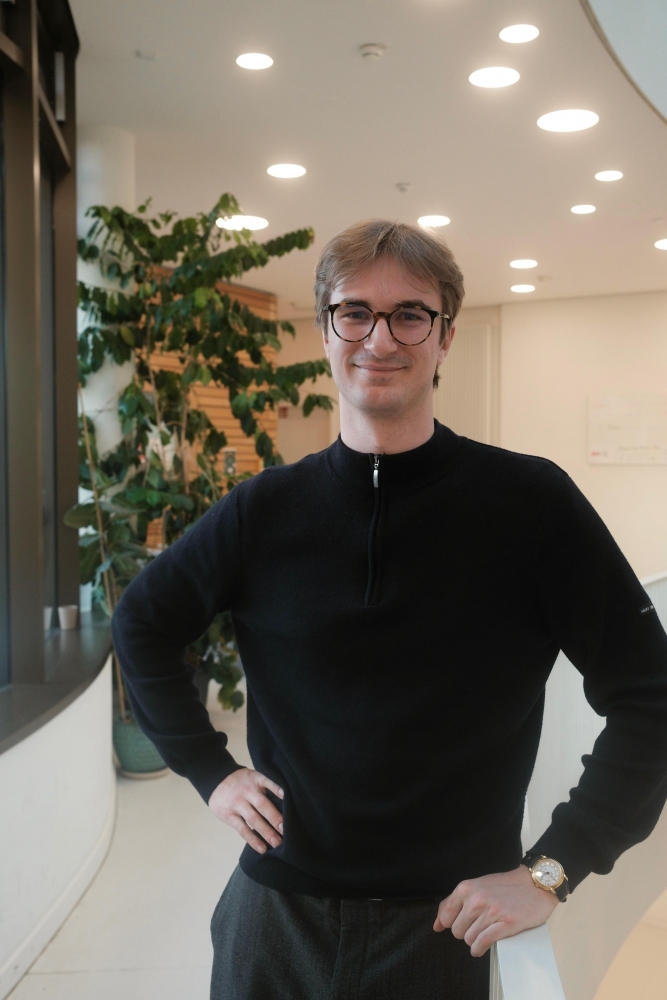
Deciphering cell-cell communication networks in the PDAC tumor microenviroment
I obtained my Bachelor's degree from the University of Kiel, where I evaluated the efficacy of novel antibody-drug conjugates in pancreatic cancer (PDAC). Following this, I pursued the Master of Multidisciplinary Sciences in Experimental Sciences offered by the Barcelona Institute for Science and Technology. During this program, I investigated early-induced microenvironment remodeling factors in PDAC as part of a joint research project between the Institute for Research in Biomedicine in Barcelona and the Barcelona Supercomputing Centre.
In September 2024, I joined the Saur Lab as a PhD candidate. My research focuses on deciphering cell-cell communication networks in PDAC, exploring tumor heterogeneity, treatment resistance, and immune cell interactions using single-cell and spatial technologies.

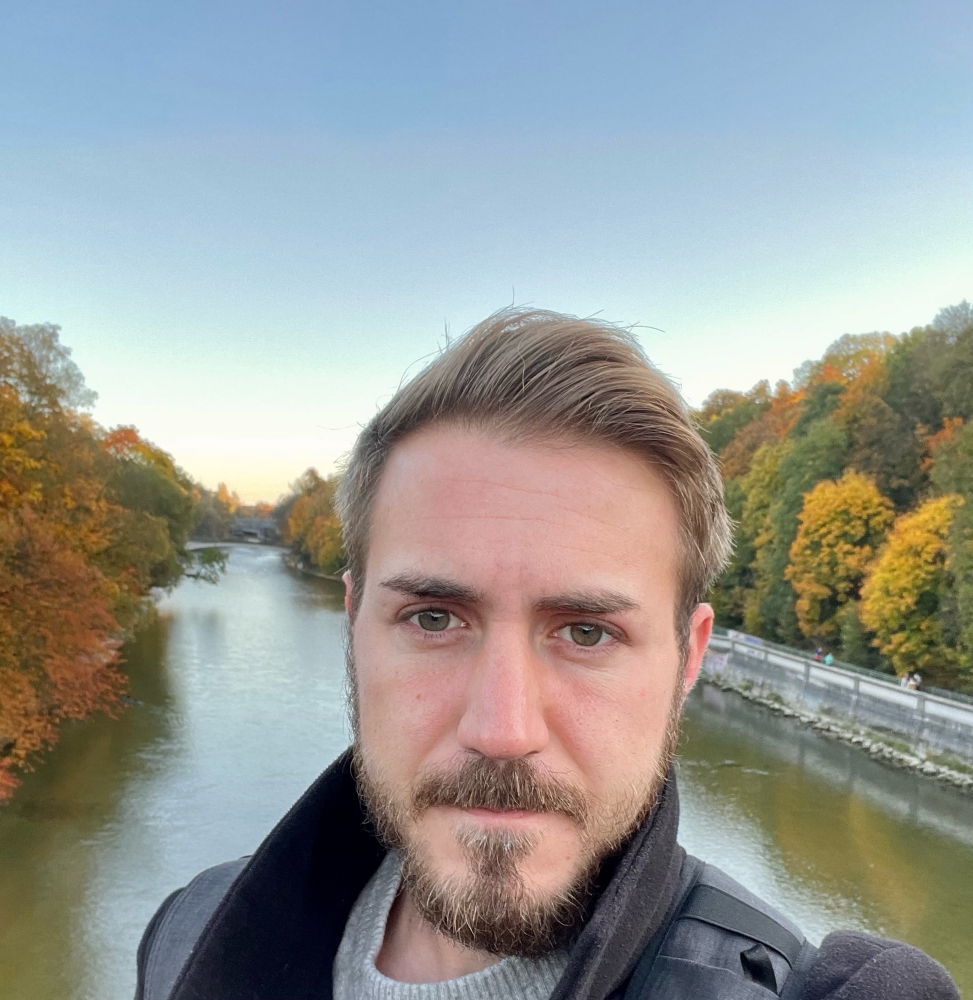
Multi-omics characterisation of the PDAC tumour microenvironment
I did my first Master’s degree in medical Biotechnology (2019) at the university of Perugia (Italy) and my second Master’s study in Bioinformatics (2021) at the University of Bologna (Italy). During my second Master’s, I went for an Erasmus internship at Theis Lab at the institute of computational biology (ICB Helmholtz centre Munich) where I worked on my master thesis. As a PhD student in the Saur Lab, I am currently analysing multi-omics data with a focus on single cell technologies to decipher the tumour micro environment composition in PDAC and the complex communication network between cancer cells and the immune system.
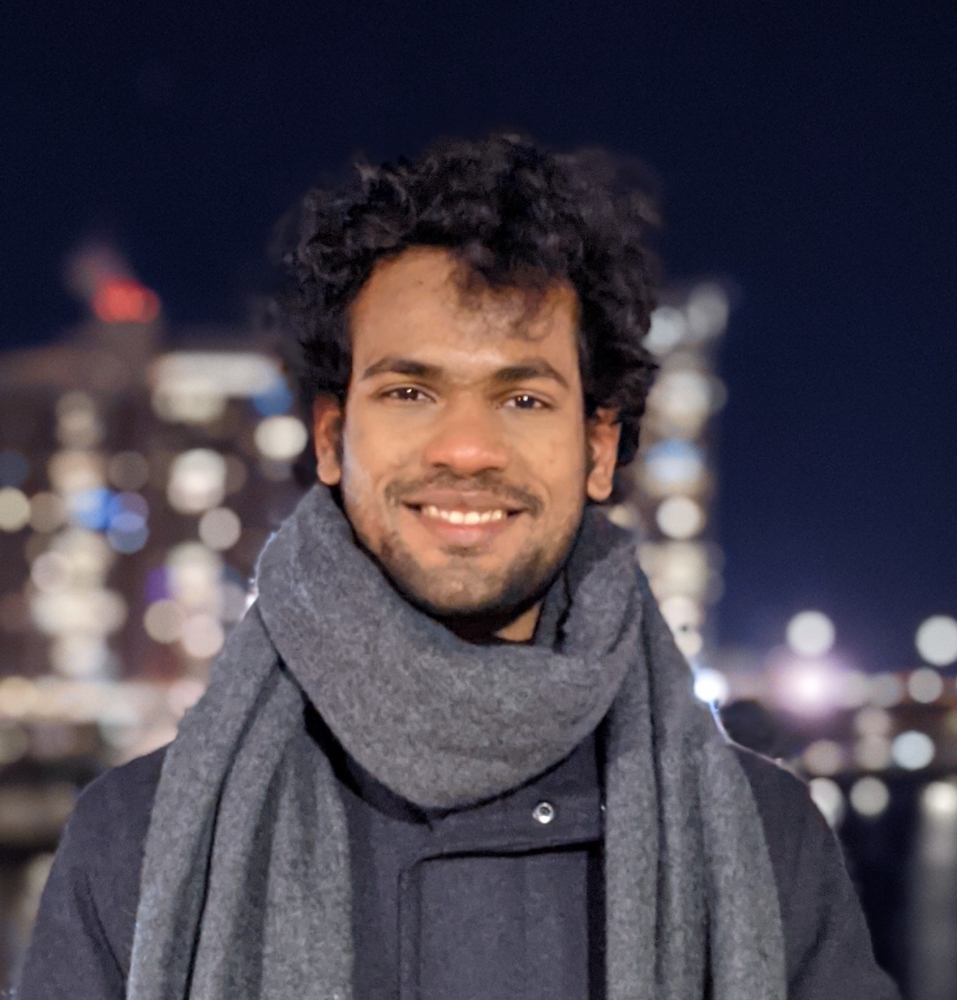
Multi-modal spatial-omics analysis
(i.e. histology whole slide images & spatial transcriptomics). Integrating spatial gene expression and pancreatic tumour morphology (multi-modal spatial-omics analysis) to predict tumour subtypes and therapeutic vulnerabilities
I am a first year PhD Candidate at Saur Lab (TranslaTUM), Peng Lab (Helmholtz Munich). Before joining as a doctoral candidate, I was a researcher at Boston University, School of Medicine (BUSM), USA, working on developing image biomarkers of lung squamous premalignant progression. I got my master’s degree in computer science from Rutgers University, USA. My master’s thesis involved developing methods for automatic cardiac segmentation using multi-modal data. My research interests are specifically focused towards deep learning and medical image analysis. I aim to become a research scientist bridging the gap between state of the art academic research and it’s huge translational potential in biomedical industry.

KRAS-dependency and heterogeneity in PDAC
I completed my BSc studies in Microbiology at the University of Ljubljana, Slovenia, in 2018, and afterwards MSc in Genetics and molecular biosciences at the University of Helsinki, Finland, in 2020. I continued my research for one year at the National Institute of Chemistry, Slovenia, where I worked in the field of immunology and synthetic biology. Since 2021 I am a PhD student in Saur lab, where I am investigating KRAS dependency and heterogeneity of PDAC tumors, using transgenic mouse models.

Born and raised in Barcelona, Spain, I moved to Germany where I obtained a Bachelor’s degree in Biotechnology in 2021, followed by a Master’s degree in Molecular Biotechnology at the Technical University of Munich (TUM) in 2024. During my master’s studies, my research focused on investigating the role of long non-coding RNAs in hiPSC-derived macrophages in the context of cardiovascular diseases.
In October 2024, I joined the Saur lab as a PhD candidate. My current research aims to analyze the function and dynamics of macrophages in PDAC using mouse models to investigate their role in tumor progression.

I studied Medicine in Rome and, after completing my medical degree in 2015, I began the residency in Medical Oncology in Verona. During my residency, I was involved in clinical and translational research focused on pancreatic cancer and early-phase clinical trials. After completing my residency in 2021, I started a PhD in Molecular Medicine at the University of Turin. Currently, I am spending one and a half years as a research fellow at the Dieter Saur Lab (TUM, Klinikum rechts der Isar), where I am studying the anticancer effects of high-dose vitamin C and the interaction between the homologous recombination-deficient PDAC mouse model and the immune system. As a physician-scientist, my main research is focused on the identification of predictive biomarkers for anticancer agents and drug repurposing.
Team
Student assistants
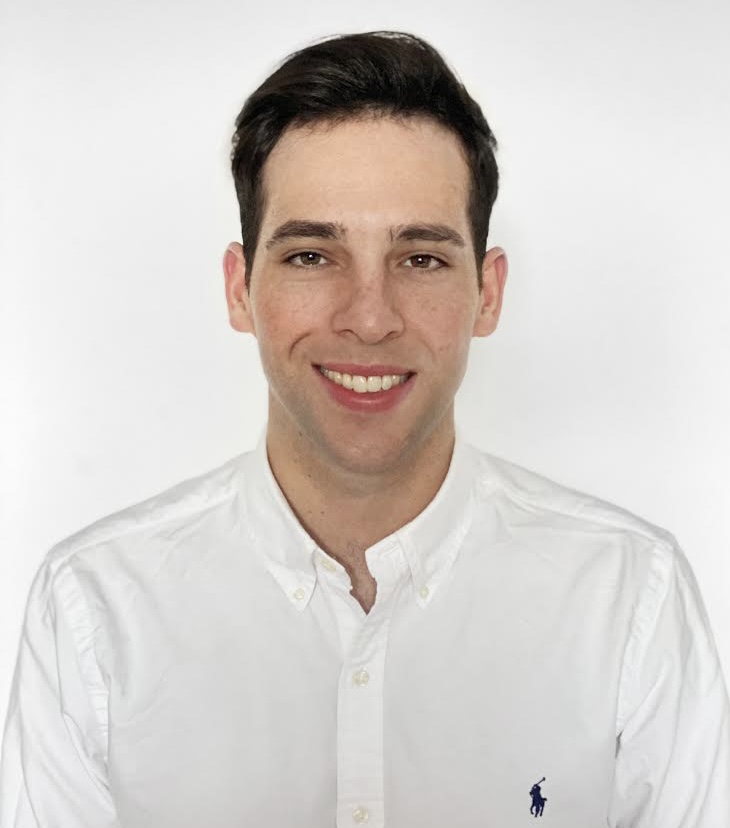
TUM Department of Chemistry
Born in Argentina, raised in the US and now studying Biochemistry at the Technical University of Munich.
I joined the Saur Lab in 2022 as a student assistant after completing my research laboratory course.
I took on this position during my studies to broaden my knowledge through practical experience and to gain first insights into my future career.
Team
Medical students
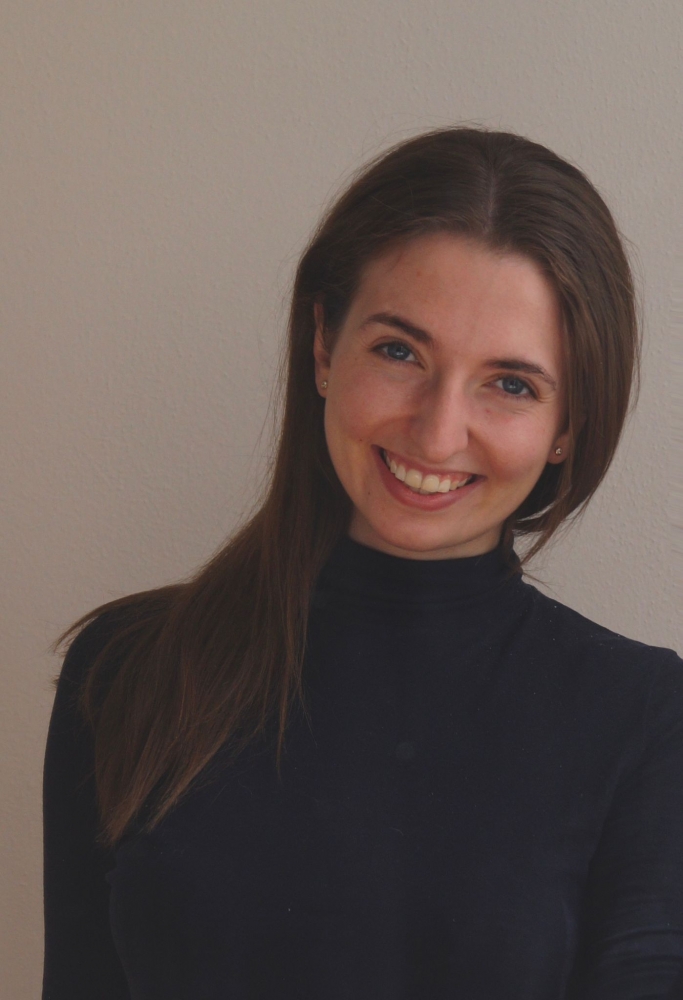
Pharmacological dependencies of pancreatic cancer
Faculty of Medicine - Technical University of Munich
I started my medical studies in 2019 at Ludwig-Maximilians-University (LMU) in Munich.
After finishing the preclinical part in 2021, I chose to continue the clinical one at TU München.
Since 2022 I am part of the Saur lab, looking for the perfect synergism among drugs for pancreatic cancer cells.

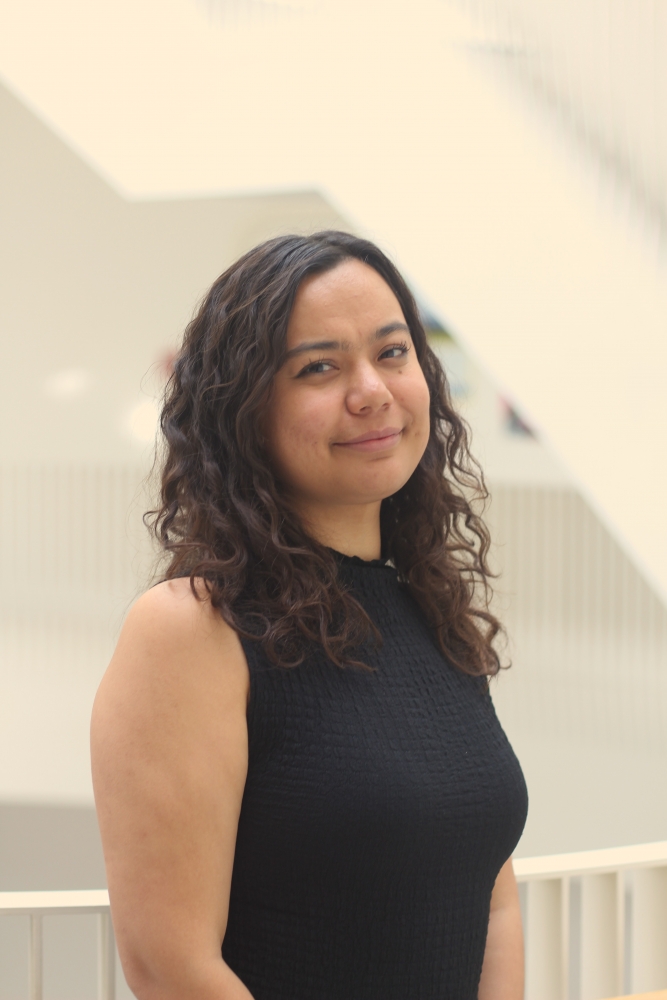
Outside the lab, I enjoy dancing Salsa and Bachata.
Team
Alumni
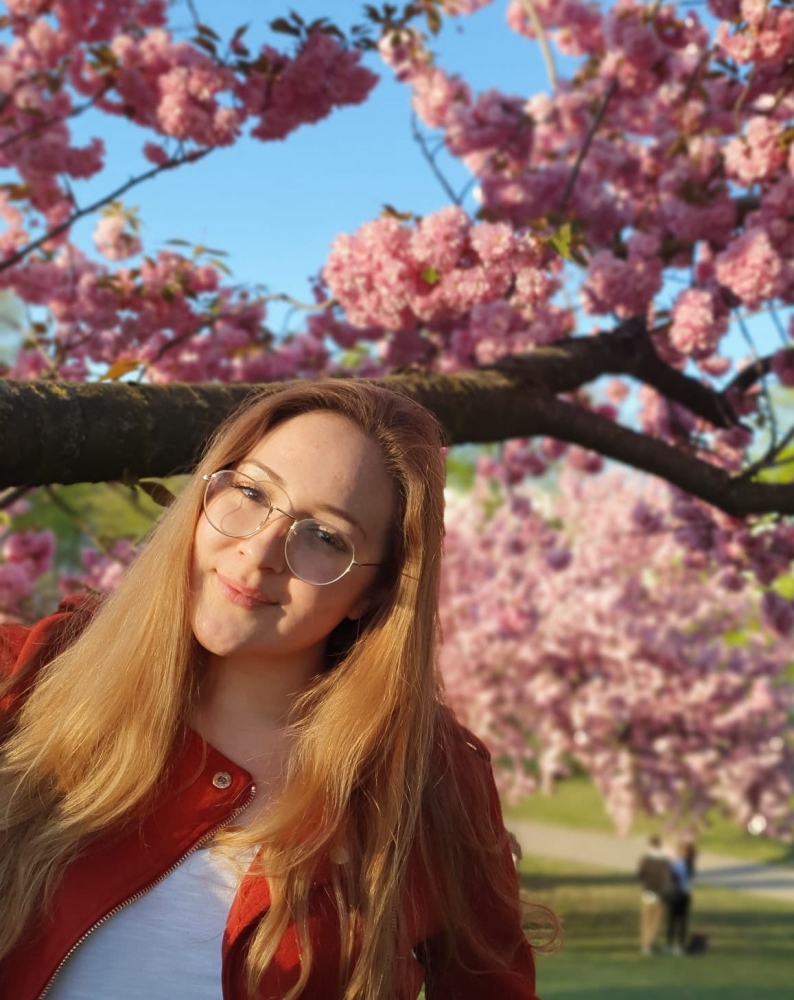
I am from Colombia and came to Germany for my studies in pharmaceutical bioprocess engineering (Pharmazeutische Bioprozesstechnik) that started in October 2019. One of my goals is to collaborate on the investigation and cure of diseases, which is why August 2019 I joined our research group. Appart from my studies I like to read and see new places in this beautiful county.
School of Life Sciences Weihenstephan - Technical University of Munich

